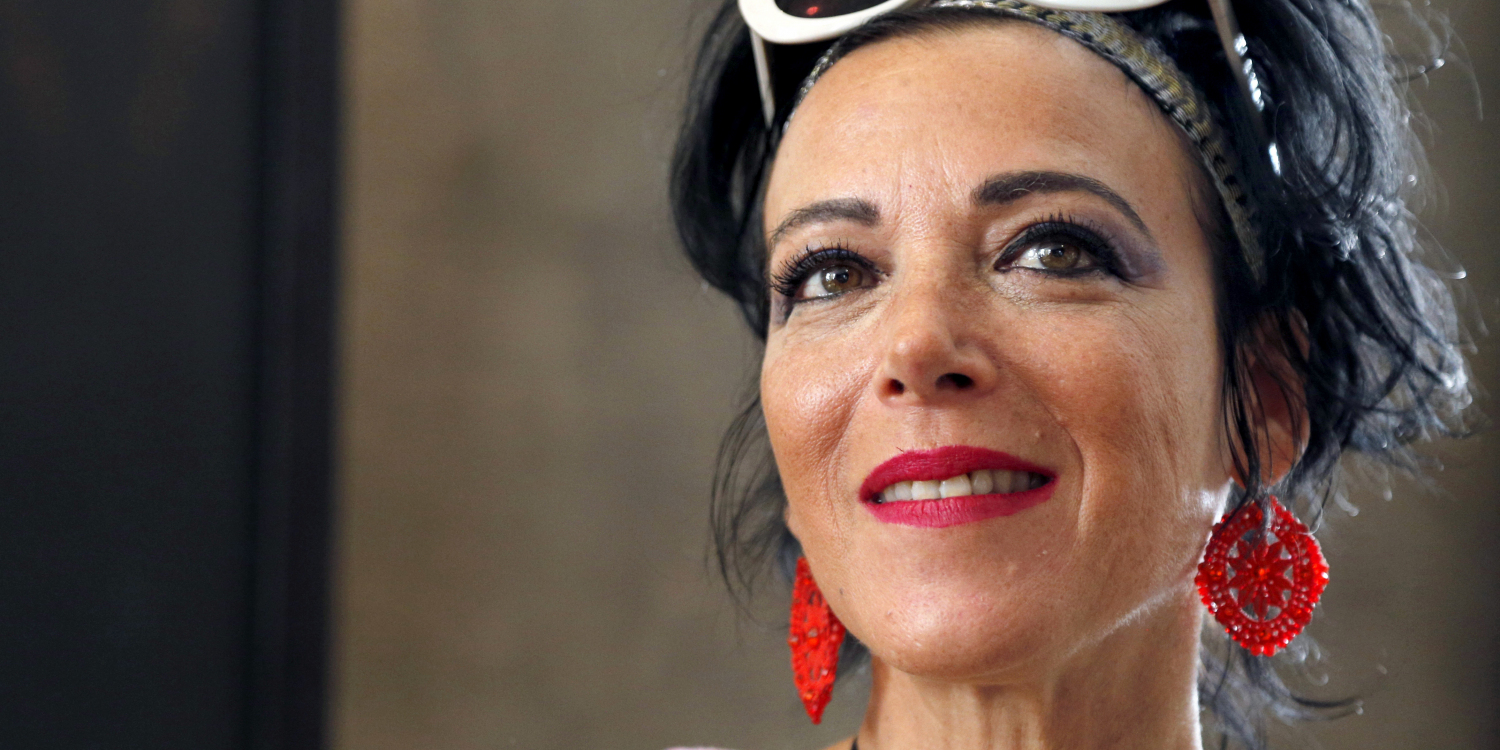INTERVIEW
Is containment better experienced in pairs or solo? Is it better to spend this period of isolation due to the coronavirus alone, even if it means feeling terribly cut off from the world, or, on the contrary, with your partner, this time at the risk of having the impression of encroaching on the one on the other after several days, and therefore to put his couple in danger. Sociologist Marcela Iacub may have the solution to this dilemma.
"I lived alone for a long time and then I joined up with myself," she explains at Anne Roumanoff's microphone in It feels good on Europe 1. And to specify: "The two n have nothing to do! "
This amazing concept, which she details in her latest book En couple avec moi-même , published by Léo Scheer, Marcela Iacub developed it as a snub to the marital imperative which, according to her, poisons our lives. . "I realized how happy I was because I no longer had a spouse, but society urges you to have one," she says.
>> Find all of Anne Roumanoff's programs in replay and podcast here
"I thought I needed another to be able to love me through him"
"This is what is called social suffering, you do not suffer because you are unhappy but because you are supposed to respect a standard" in this case being in a relationship. She explains that she has freed herself from the weight that celibacy could represent, since she realized that it was wrong to link the gaze of the other and self-esteem. "I have a real love for myself, which was not the case before, because I thought I needed someone, another to be able to love me through him."
This detachment is undoubtedly easier to advocate than to apply. But single people who are confined, and who are deeply distressed by this fifteen loneliness, can always draw inspiration from the inner journey of the researcher, as she tells in In a relationship with myself .

